Water availability is at the core of the world’s response to the COVID-19 pandemic and it is at the core of humanity’s progress. Clean water access is essential as a first line of defence to COVID-19 containment and is also key to effective treatment and recovery. Furthermore, the monitoring of sewage has emerged as a key surveillance tool for the early detection of the virus in the community.
While access to clean and safe water can largely be taken for granted in some countries, this continues to be a major challenge for many—as evidenced by progress reporting that many nations are not on track to achieve the Sustainable Development Goal of clean water and sanitation for all people by 2030 (SDG 6). Many countries with plans and projects to meet the targets lack the necessary finance. As many countries implement emergency measures to secure essential water access to contain the spread of the pandemic, they are undertaking significant budget reprioritisation. In this context, Water Policy Group calls for water availability to be prioritised. Countries now have a rare opportunity to ensure that the economic stimulus measures that revive economies and create jobs also focus on water and sanitation sectors and align with a long-term future that is water-secure.
Water insecurity is acknowledged as an enormous risk to global economic development. Safe water availability is crucial to overcoming the pandemic, protecting the health of communities, and for economic development. Water Policy Group calls for governments to step up their efforts to achieve the availability and sustainable management of water and sanitation for all, with the support of international programmes, organisations, and partnerships.
Now is the time to deliver on the agreed social justice, environmental, and economic goals so necessary for global development and security.
Water Policy Group urges governments to:
- Base water decision-making on a human rights approach, with investments in new and improved water and sanitation services prioritising the people and communities who are most vulnerable and not protected by existing safety nets. Investments in water connections, improved supply chains for sanitation products, and decentralised infrastructure can provide better quality of life, improved health outcomes, and resilience to climate change and extreme events for millions.
- Adopt integrated solutions that create co-benefits, such as with the energy and food production sectors, and that create synergies with broader landscape management and agro-ecology, that hold the promise of more efficient and effective use of resources as well as environmental benefits.
- Attract new sources of private and public financing to pioneer the innovations needed to drive future sustainability.
Water Policy Group anticipates that the dramatic reprioritisation of national development and resource strategies resulting from COVID-19 should fundamentally change national water and development trajectories in the long term for the better. While it may seem to be conventional wisdom that societies have to go through a period of ‘arrested development’ as a consequence of the pandemic and concomitant economic shock, there is another option: to come out of this challenge stronger, evidenced by the many calls for a ‘green recovery’ and to ‘build back better’.
Water Policy Group
3 July 2020
Enquiries: info@waterpolicygroup.com
